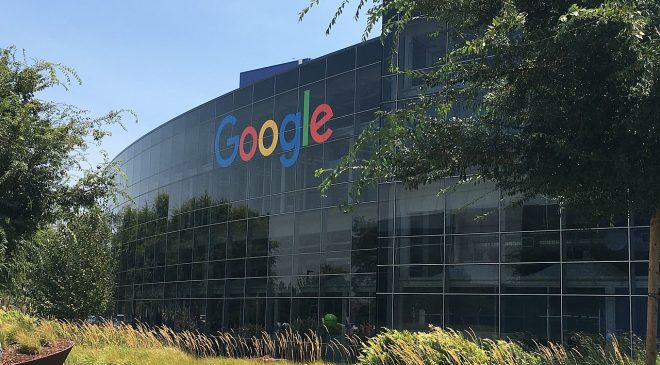
Australian consumer rights commission launches Federal Court action.
The Australian Consumer Competition Commission (ACCC) has alleged, multinational company – Google — misled consumers about expanded use of personal data and launched Federal Court proceedings against the company.
According to the ACCC, Google allegedly misled Australian consumers to obtain their consent to expand the scope of personal information that Google could collect and combine about consumers’ internet activity, for use by Google — including for targeted advertising.
The ACCC alleges Google also misled consumers when:
- Google failed to properly inform consumers
- Didn’t gain their explicit informed consent about its move in 2016, to start combining personal information in consumers’ Google accounts with information about those individuals’ activities on non-Google sites that used Google technology (formerly DoubleClick technology) to display ads.
This meant the data about users’ non-Google online activity became linked to their names and other identifying information held by Google.
According to the ACCC, previously the information had been kept separately from users’ Google accounts, and didn’t link to an individual user. The ACCC also allege, Google then used this newly combined information to improve the commercial performance of its advertising businesses.
Google also misled consumers about a related change to its privacy policy, allege the ACCC.
“We are taking this action because we consider Google misled Australian consumers about what it planned to do with large amounts of their personal information, including internet activity on websites not connected to Google,” said ACCC Chair Rod Simsss.
“Google significantly increased the scope of information it collected about consumers on a personally identifiable basis,” he said. “This included potentially very sensitive and private information about their activities on third party websites. It then used this information to serve up highly targeted advertisements without consumers’ express informed consent.”
The ACCC alleged Google did not obtain explicit consent from consumers to take this step, said Simss.
“The use of this new combined information allowed Google to increase significantly the value of its advertising products, from which it generated much higher profits,” he said.
“The ACCC considers that consumers effectively pay for Google’s services with their data, so this change introduced by Google increased the “price” of Google’s services, without consumers’ knowledge.”
According to the ACCC, the conduct is alleged to have impacted millions of Australians with Google accounts. From 28 June 2016 until at least December 2018, Google account holders were prompted to click “I agree” to a pop-up notification from Google that purported to explain how it planned to combine their data, and sought the consumers’ consent for this.
According to the ACCC alleges the “I agree” notification from Google was also misleading, because consumers could not have properly understood the changes Google was making nor how their data would be used, and so did not – and could not – give informed consent.
“We believe that many consumers, if given an informed choice, may have refused Google permission to combine and use such a wide array of their personal information for Google’s own financial benefit,” he said.
Before 28 June 2016, Google stated in its privacy policy that it “will not combine DoubleClick cookie information with personally identifiable information unless we have your opt-in consent.”
On 28 June 2016, Google deleted this statement and inserted the following statement: “[d]epending on your account settings, your activity on other sites and apps may be associated with your personal information in order to improve Google’s services and the ads delivered by Google.”
Google’s privacy policy also states: “[w]e will not reduce your rights under this Privacy Policy without your explicit consent.”
The ACCC alleges that Google did not in fact obtain consumers’ explicit consent for this change to the privacy policy, and that Google’s statement that it would not reduce consumers’ rights without their explicit consent was therefore misleading.
“Google made a clear representation about how it would protect users’ privacy. The ACCC alleges that Google made changes without obtaining the explicit consent it had promised consumers it would obtain before altering how it protected their private information,” Sims said.




